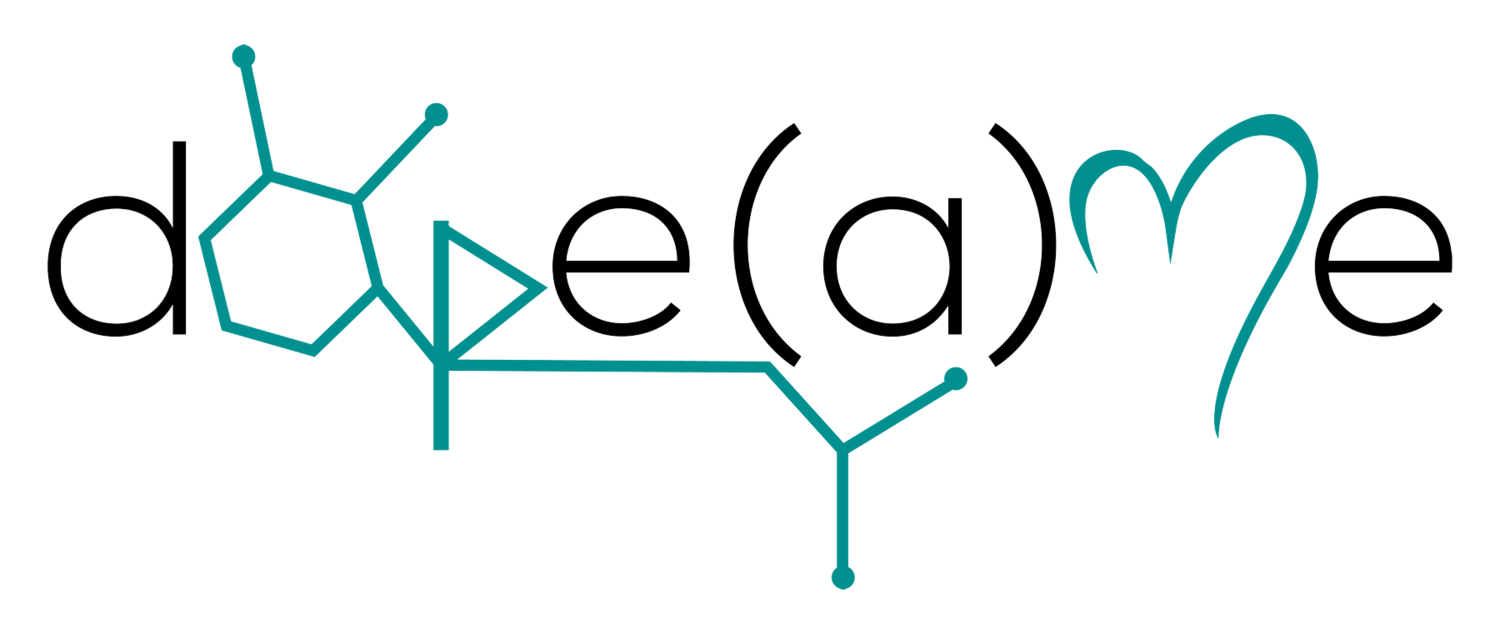The first time I heard the mantra "I deserve to be heard" was several years ago when I was introduced to the Chakra system. The throat chakra is one of seven main energetic centers in our being, and it is the home of expression, non-violent communication and generous listening. The reminder we receive when in contemplation of the throat chakra is that we each have a unique contribution and a unique perception of reality. It takes conscious communication to bridge the gaps between our-self and the other, to create and foster our boundaries, and to speak our truth, to ourselves and to others.
In a yoga teacher training a few weeks ago, I was invited to repeat "I deserve to be heard" while in a guided meditation. While this was not my first time repeating these words, there was something different in the experience this time. This was the first time that it truly landed. Tears formed in my eyes. A wave of love, peace, acceptance and power washed over me. It was like I had one hand tied behind my back unknowingly and someone just gave me permission and the tools to untie myself. It was an extremely cathartic experience.
As I have sat with this for a few weeks now, I am getting more clear on what makes this mantra so powerful. First of all, mantras are an amazing way to shift your self-talk patterns efficiently. 95% of what you say today you also said yesterday. We are creatures of habit. When you bring in new thoughts, and repeat empowering words or phrases (i.e. mantras), you feed your brain new energy and are more likely to repeat these words and phrases later on. Your words cast spells, and overtime, you will believe whatever you say about yourself. With any great power comes responsibility. Mantras are only one piece of the holistic puzzle of self development. We need to be face to face with what makes us uncomfortable and continue harnessing our awareness of our own patterns and habits that are not serving who we desire to be. From this awareness, we can edit as we go, shift our patterns and habits with self-talk, reminders, support and accountability.
Every voice deserves to be heard. This doesn't mean you deserve to be heard more than others. It also doesn't mean you have the right to talk over others or that what you say is more true than what others say. It simply means, you have a voice and you deserve to use it and be heard. That's it, simple. This is not projecting a rule of any kind, it is offering up a tool for your inquiry and discernment.
For me, what was so powerful was that I had been struggling with my ability to effectively communicate with my husband. My monkey mind can jump in wild directions, and sometimes I will begin sharing something without context or back-story to bridge the gap between his perception of reality, our physical environment, and where my mind has gone. In fact, this becomes a point of conflict for us as he pushes back on my share with questions like "what are you talking about? why are you telling me this?" Rather than keeping calm and walking back through the process of how I got from A to Z, I had a pattern of feeling sad that I wasn't understood, hurt that he wasn't more curious about what I had to share, and upset that I was creating a limiting belief and story that my husband is not someone I can share my raw and unfiltered thoughts or ideas with.
I am not one to get stuck and allow limiting beliefs to take over, so I chose to get curious and inquisitive with myself to get more clear on this pattern and what shifts I could make to grow through this obstacle.
When I repeated, "I deserve to be heard" in my mind, I realized that I had been holding on to a belief that I share too much and that I need to keep things to myself until they are polished and ready to be delivered efficiently and profoundly. While there is some truth in that, it is also not complex enough to embody the full truth. It is not a hard and fast rule that I want to abide by. I love the freedom of speech! I love that my mind is creative and thoughtful and that I can come up with wild ideas and put them into action. My goal is not to stifle my voice, it is to become more deliberate in how I communicate and to share more context so that the conversation is co-created rather than me talking at my husband (or anyone else).
Like most things in life, too much of anything is no longer a good thing. And rather than swinging from one extreme to the other (i.e. from over-sharing to not sharing at all), I wanted to find the healthy balance. For me, "I deserve to be heard" is now the reminder I need to repeat daily to honor my voice and contribution. It reminds me to slow down and think through what I want to share so that I honor the power and influence I can have. It reminds me to allow unfiltered and raw conversations to flow, and not be too caught up in thinking that everything needs to be manicured and polished. Sometimes yes it does, and other times, raw and unfiltered is exactly what is needed. Each moment is a new opportunity and I strive to be present and engaged with what the moment calls for, and to do that, I need to remind myself that "I deserve to be heard."
And guess what?? So do you!

